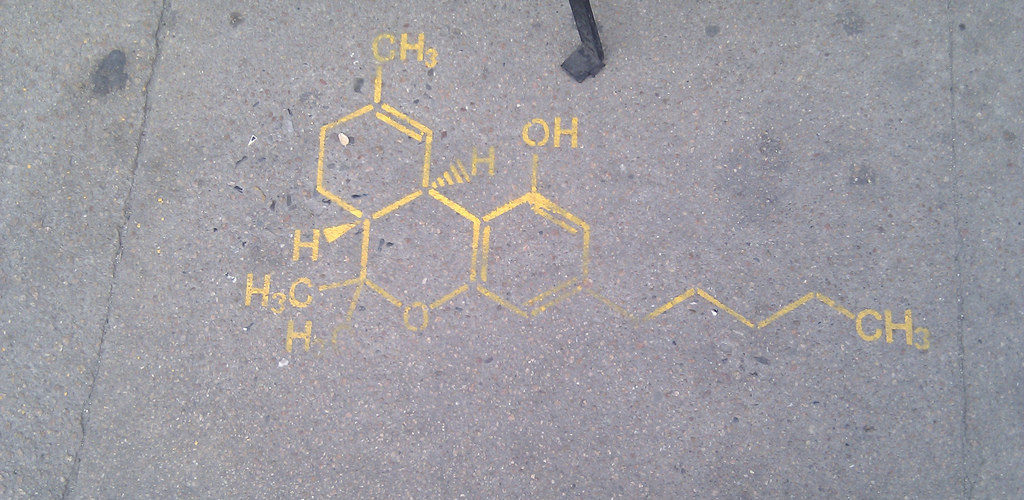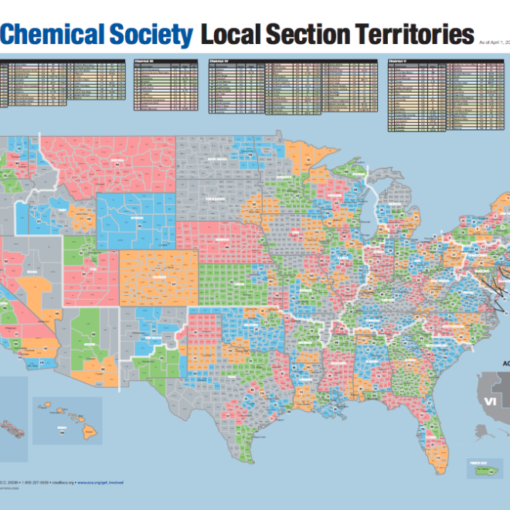Yes, this is a very odd question coming from a chemistry professor, but it is a question that I ask myself a lot. And I think that it is an important question to ask as it pertains to what I teach my students and how I train them in preparation for their careers outside of the university.
This question came to mind again during the recent announcement of the 2015 Nobel Prize in Chemistry, which was awarded for the mechanistic study of DNA repair. There were more than a few chemists scratching their heads over this award and how it constitutes a fundamental discovery in the field of chemistry. This hand-wringing is evidenced in a post, published by The Economist,titled, “Why is the Nobel prize in chemistry given for things that are not chemistry?”
Personally, I think that this is a wonderful prize given to scientists who studied the catalytic bond breaking and bond making that are essential for sustained DNA-encoded life. If bond making and breaking aren’t chemistry, then I’m not sure what is.
But the intent of my question was this: how do I best train my students for the changing face of our science?
I think that surveying the most recent Chemistry Nobel Prizes is a useful exercise. Among these are awards for super-resolution microscopy, molecular modeling, protein receptors, quasi crystals, complex protein structural studies, green fluorescent protein, and reactions on surfaces. Of these, the topic that best reflects what is taught in current undergraduate curricula is from the 2015 award. As I mentioned earlier, catalytic bond making and bond breaking in a biological system is right within the sweet spot for a typical class in biochemistry.
What about the rest of these awards? I think that many would argue that Ertl’s award for interrogating reactions on a surface is the most “chemistry” of the recent prizes. Accompanying this award is the recognition that chemistry at interfaces is crucially important for many modern technologies. Unfortunately, we still have a long way to go as a field when it comes to understanding these processes.
If this is where the important and interesting and fundamentally not-quite-understood chemistry occurs, isn’t this what we should be discussing with our burgeoning chemists on a daily basis?
I certainly understand and appreciate the need to train our students in certain proficiencies. However, I think that this is true only to a certain point. There is a wealth of settled chemical information out there, enough to fill more than 4 or 8 or 50 years in a curriculum. Where is the point at which we start introducing and immersing our students to the unsolved problems of our field?
In my opinion, our young chemists need solid training in the language of chemistry (thermodynamics and kinetics), its currency (bond making, bond breaking, and intermolecular forces), predictions of reactivity (electrophilic and nucleophilic effects on reaction mechanism), instrumental analysis and quantitative analysis. Everything else, every other class, should be spent teaching our students advanced chemistry within the context of unsolved chemical problems.
As our field changes, so, too, should our approach to educating the next generation of chemists.




